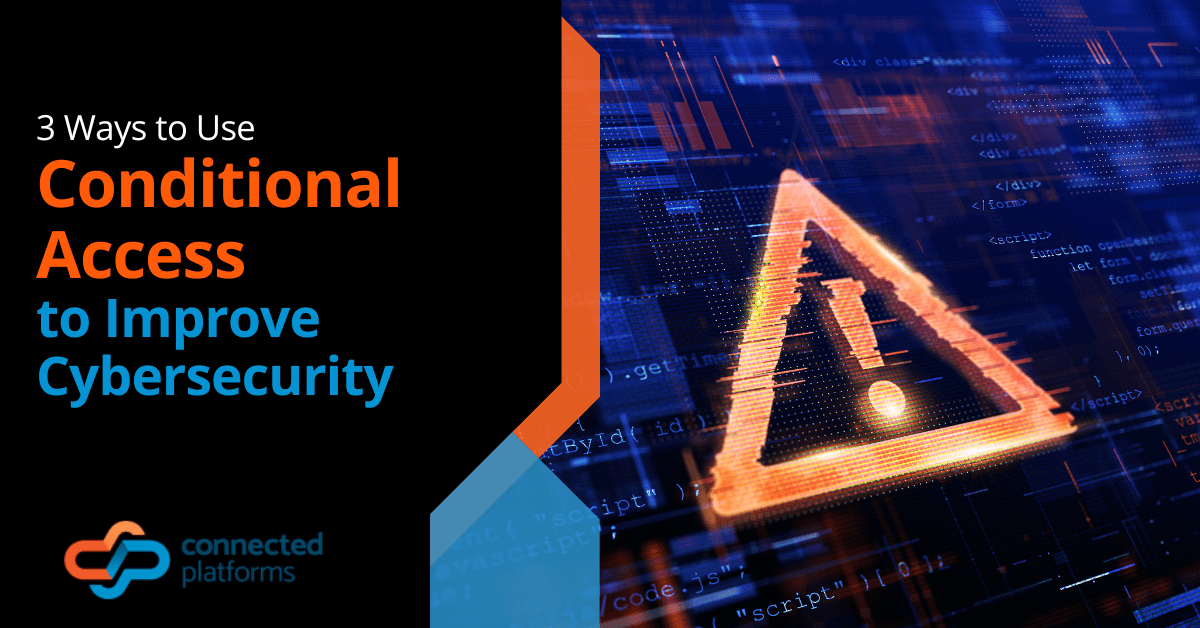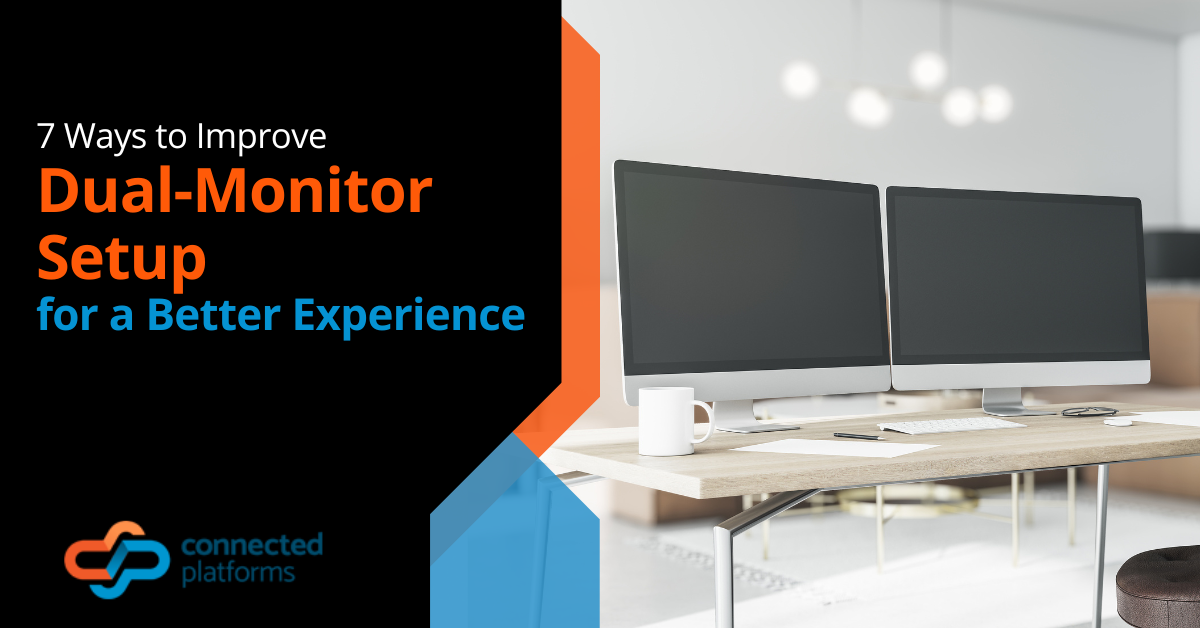Even as some Australians return to the office, it’s clear that hybrid work is here to stay. Research indicates that just a third of Australian companies are encouraging employees to come to the office a few days a week.
In this new paradigm, where employees work sometimes from home and sometimes from the office, your approach to security needs an update. You need to deliver a secure work-from-home experience to your employee – one that enables them to get their work down without forsaking data security.
This is where conditional access comes in. It’s a suite of security tools that enhances the user experience and security in tandem. Rather than requiring employees to enter a series of passwords to access employee resources, conditional access is much more intelligent, contextualised and seamless.
In essence, it makes it simpler for employees in secure environments to login with ease, while making it more difficult for employees in unknown or less secure environments. Below, we’ll explore how conditional access works and how you can use it to improve cybersecurity in your organisation.
How Does Conditional Access Work?
Conditional access works by mandating users meet certain requirements prior to being able to access corporate data and resources. This clever technology analyses all login attempts against predefined policies you or your IT provider have set up.
The more peculiar or unknown the login attempt, the more verification checks the user will have to undertake. On the flipside, familiar login attempts will require less authentication mechanisms. It’s easy to see how this is helpful for cybersecurity. Conditional access essentially restricts user and device access based on expected usage patterns. Typical conditions include:
- User group
- Managed device
- Whitelisted IP address
- Trusted locations
For example, if all your employees work from Brisbane, but suddenly sometimes tries to login from California and from an unknown device, conditional access will register that this is unusual, and require the employee to verify themselves with multi-factor authentication. If they can’t, they’ll block access all together.
Ways to Use Conditional Access to Improve Cybersecurity
Conditional access is a game changer for the employee experience and your cybersecurity posture. The top benefits include:
It is Vital to Zero Trust Security
Zero trust security is the practice of “trust no one, verify everyone.” With password data breaches happening every day, how can you know that an employee logging on from home is really who they say they are?
Put simply, you can’t, which is why zero trust and conditional access are so important. Today, a password isn’t enough to verify that users are legitimate. You need extra checks and balances, such as multi-factor authentication and conditional access conditions.
As more employees work in distributed environments, embedding a zero trust approach into your organisation is becoming vital for security. Without it, your risk of becoming embroiled in a data breach skyrockets.
It Improves the User Experience
For employees, checks like multi-factor authentication can be frustrating when they have to be repeated time and time again. Some employees may even turn off this mechanism altogether if they feel it hinders their workflow.
For businesses, too, lots of multi-factor authentication checks can take away from employee productivity and impact workplace satisfaction. Conditional access eases these issues. It removes the need for extra verifications at every turn and simplifies the login experience for your users.
Helps with Insurance and Compliance
The likes of the General Data Protection Regulation (GDPR) and 1988 Australian Privacy Act put strict data privacy and security requirements in place for Australian businesses to meet. Failing to meet these regulations can lead to reputational damage, bad media coverage and massive fines.
At the same time, insurers are also placing more emphasis on how organisations approach security. They will charge higher premiums to organizations that don’t use strong protection measures.
All of this means that, if your company only uses basic passwords to protect corporate resources, you are at risk of unforgiving regulatory fines should you suffer a breach, along with higher insurance premiums.
It Reduces Workload for IT Staff
It’s not just your employees who become fatigued from constantly entering login details. IT departments also bear the brunt of this approach. Research from Gartner notes that
50% of all helpdesk calls are associated with password resets.
This means IT teams are spending a huge amount of time on menial work, rather than high-value tasks. By moving to conditional access, you empower your employees to take password management into their own hands, so they can rely on your IT team less.
Looking To Get Quality Managed IT Services in Brisbane? Let Connected Platforms Help!
There are several additional reasons why your business should utilise conditional access in Brisbane, Australia.
If you have any questions regarding how this works, do not hesitate to contact us at Connected Platforms!




